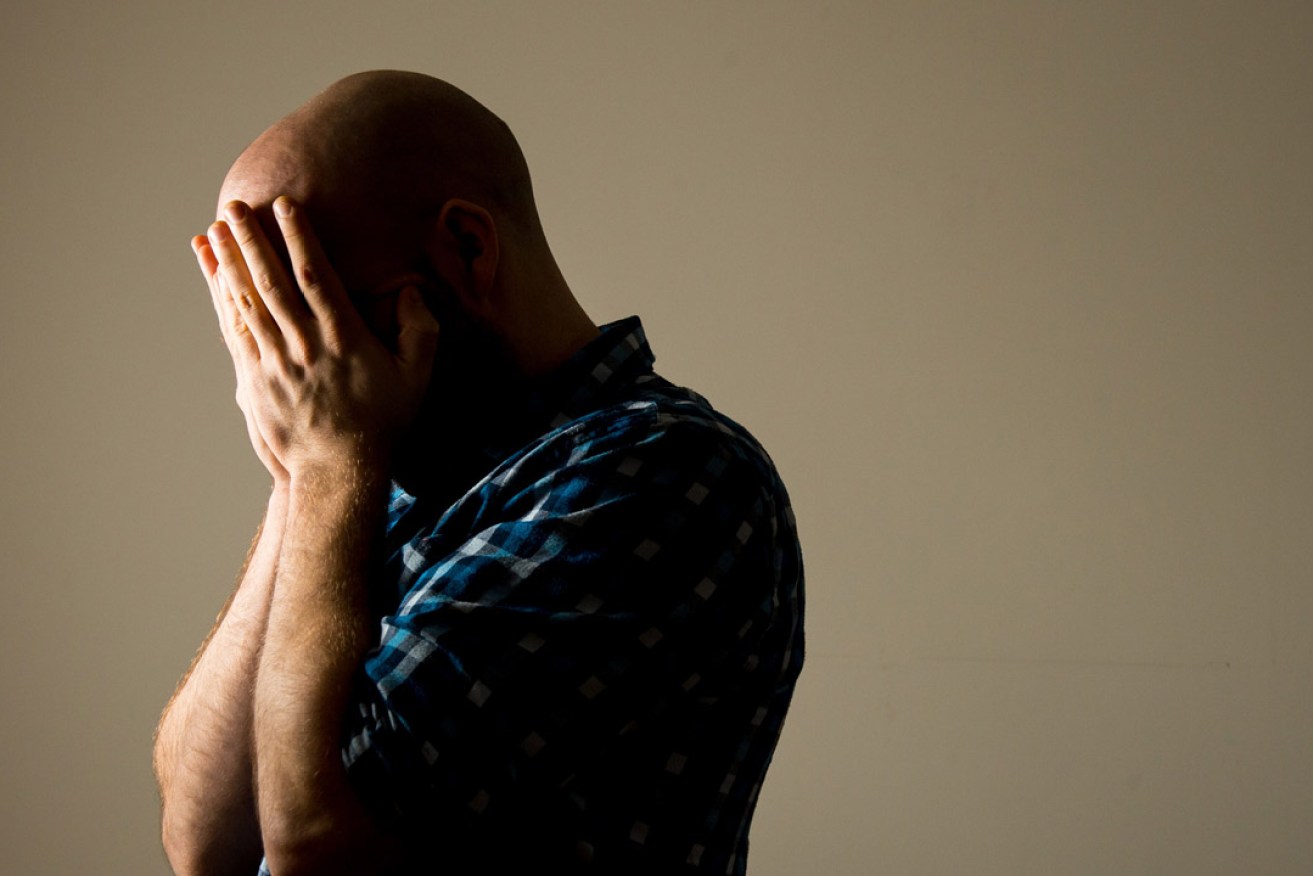What can SA gain from a Mental Health Commission?
South Australia’s new Mental Health Commission must ensure that people living with a mental illness are given a genuine voice, writes Mental Health Coalition of SA executive director Geoff Harris.

Emergency Service personnel are twice as likely to develop PTSD than those not in the profession. Photo: AAP
Last week Health Minister Jack Snelling announced the establishment of our own SA Mental Health Commission. It was an announcement that went under the radar, but its significance should not be under-estimated.
We at the Mental Health Coalition of SA have been lobbying on behalf of the mental health sector for years for a Mental Health Commission.
For us, the Commission is not just another piece of bureaucracy but a genuine way we can guarantee the voices of people living with a mental illness, their family and carers are heard by an impartial body. The commission can then provide recommendations to government to act upon.
The reason we know this works is that we see mental health commissions getting runs on the board in other jurisdictions around the country. They are providing strategic advice to governments on the long-term changes needed in mental health.
Right now on a national level, the overall mental illness burden is estimated at around 13 per cent of the total disease burden. However, investment by both state and national governments never reaches double figures and is mostly hovering around 6-8 per cent of the total health spend.
Let’s be honest, mental health – which has never been the poster-child of health – struggles to attract the attention and investment appropriate to the scale of the impacts of its illnesses.
As Alan Fels, chair of the National Mental Health Commission, said: “Mental health is an economic issue costing the country billions of dollars… Now as an economist, I want to emphasise that mental health is a significant problem for our economy, as significant as or more significant than tax reform.”
Yet governments are in a hard place. There are many different areas of health competing for limited resources and there is severe pressure within governments and health departments to contain and reduce costs just to break even. Regardless, we need to re-balance the investment in this crucial area of health.
To quote the WA Mental Health Commission: “Historically, most investment has been made in mental health hospitals and community-based clinics. Although these services are crucial for treating acute mental health illness and facilitating recovery in a small percentage of the population, they cannot alone build and sustain better community lives for the people they treat or for people in the wider community.”
Remember, not all mental illness is acute and requires more hospital beds; most needs are actually about helping people to live well in their community. That means investing in community and locally based services.
In South Australia, we have seen significant innovation in community support models. Spending on them increased from around 2 per cent in 2002/3 to around 10 per cent at its peak.
One program that provided intensive support for up to three months resulted in reduced use of bed-based mental health services by 10 days per quarter on average. It also helped those it supported avoid future admissions. The program’s evaluation estimated that if it had been ongoing, its cost would have been more than offset by the value of reduced demand for hospital beds.
However, funding for this program ceased on June 30, 2015, and SA has no strategic direction to increase this area of funding despite strong evidence of effectiveness.
Consultation with people living with mental illness and their families led the WA Mental Health Commission to recognise that mental health systems in Australia are well developed in terms of investment in acute and bed-based care. However, it also recognised they are poorly developed in terms of investment in models of community support.
The commission found that 40 per cent of people in hospital could be moved out of acute care – or hospital beds – if they had appropriate support in the community. Looking at the demand for different types of mental health services, it found that only 20 per cent of demand for community services was being met, compared with 75 per cent of bed-based demand.
The WA Strategic Plan is set to re-balance this by increasing investment in community services over the next 10 years from 8 per cent of the mental health budget to 20 per cent.
The WA Mental Health Commission also looked at community-based models that put emphasis on suicide prevention. The result was the WA Government setting a strategic target of reducing suicide by 50 per cent over the next decade. It committed $26 million over four years to achieve this. This is significantly higher than South Australia, which invests less than $1.5 million per annum directly into suicide prevention.
It is a pretty big picture that can be hard to grapple with, but we want to remain optimistic that SA’s own Mental Health Commission will recognise the benefits that could flow from this larger discussion. We’re ready for it.
Geoff Harris is executive director of the Mental Health Coalition of SA, which is holding a forum today for the mental health sector on the Mental Health Commission and what it means for SA.




